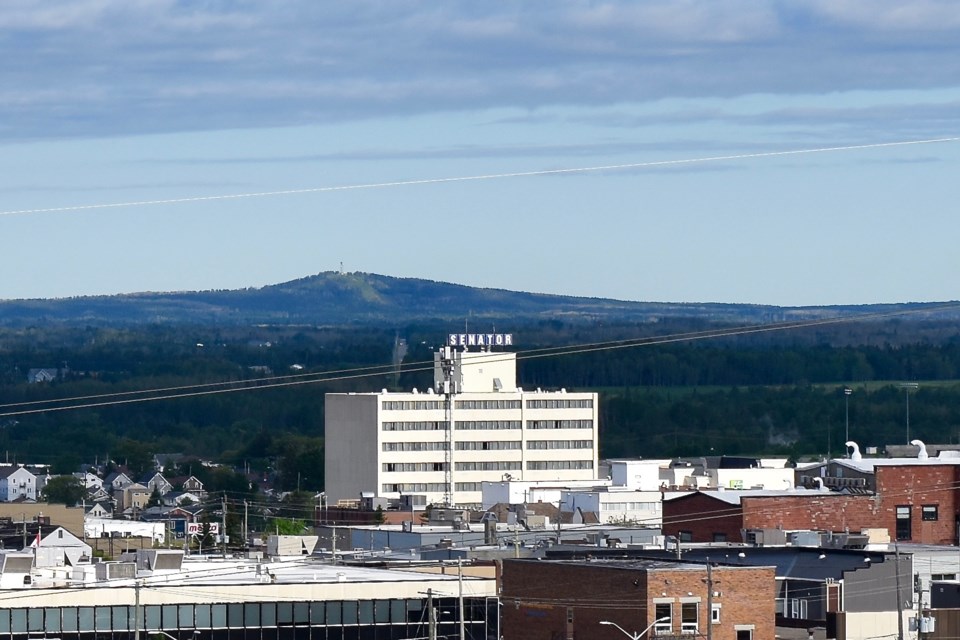TIMMINS - People renting out their homes for short-term stays now have to pay the local hotel tax.
Air BnBs, Vrbos and other properties being used for short-term stays are officially part of the City of Timmins' municipal accommodation tax (MAT). It means the owner is required to collect a four-per-cent levy on all bookings to pay to the municipality.
A decision has not been made on increasing the tax collected to six per cent.
“The benefit of a regulated short-term rental policy cannot be understated,” said Mayor Michelle Boileau in a news release.
“With housing availability being a concern, we would like to encourage property owners to consider long-term rental agreements over short-term stays, but if they are renting out space for shorter stays, we also want to make sure that they follow our property standards and that the space is safe and maintained. This is important to both neighbouring property owners and temporary guests."
The city has been collecting the tax on short-term stays at hotels and motels since 2019. The city hasn't had the software to track, and ultimately collect, the cash from businesses such as Air BnB and VRBO until now. For Air BnB, the company website reports 130 rentals available in Timmins.
Half of the money money collected is handed out by the Timmins Economic Development Corporation (TEDC) MAT committee. The other half goes to city coffers to distribute, with council deciding how to spend it. Last month, $400,000 from the city's portion of the fund was allocated for capital projects at the McIntyre arena in 2025.
In 2024, the Downtown Timmins BIA picked up $80,000 to buy new Christmas lighting, the Barn received $25,000 for its new scoreboard and it was also used for downtown security patrols.
For the TEDC, in 2022 it reports handing out $373,360 in MAT grants to 11 events ranging from high school tournaments to concerts and sporting events. In 2021, $393,796 was handed out to five events.
Council started talking about hiking the MAT in December and deferred a decision until this year. Since then, Cedar Meadows Resort and Spa president Richard Lafleur wrote a letter to the city saying he sees the benefit of the MAT, but it needs to "be managed with greater transparency, accountability and equity."
He raised nine concerns with the current system, along with recommended changes for each. Lafleur's concerns are:
- Lack of verification for 'heads in beds'. He is asking for all MAT recipients to submit detail post-event reports including the hotel data tied to the event, data proving most attendees needed overnight accommodations, and financial reports showing the direct impact of the funding on tourism-related outcomes.
- Funding school activities. He wants the MAT eligibility restricted to activities that directly align with increasing tourism in ways that's verified through measurable outcomes.
- Unevenly distributing money among associations. He suggests creating clear, equitable criteria for the cash, and using a transparent, competitive application process so that groups have fair access to the fund.
- The city "double dipping" by charging groups for city services, then using the MAT cash to pay the fee. He's asking the city to reassess the practice to make sure the money isn't "indirectly funnelled back into municipal reserves" and for a clear policy on facility charges.
- Not having a transparent allocation formula. He wants the funding formula to be publicly disclosed, and for stakeholders to review its fairness and applicability.
- Misusing funds for long-standing events. He says funding should be limited to events and initiatives that are showing "measurable growth" in tourism, especially for overnight stays.
- Lack of accountability measures. He suggests partnering with local hotels to create event-specific booking codes so there is accurate tracking of the data, and for annual recipient reports to be published.
- Opposition to the MAT. He says there shouldn't be an increase until there are "comprehensive accountability measures" in place, and consultations with stakeholders.
- Annual reporting and transparency. He wants an annual recipient list and impact report publicly published annually.
At the Jan. 14 council meeting, Coun. Lorne Feldman said he's in favour of increasing the MAT collected. He also noted that there are concerns raised by Lafleur that should be addressed.
"I actually found it refreshing to hear from a resident who is so engaged. So I think we could perhaps implement some of these recommendations or accommodate — pardon the pun — Mr. Lafleur's requests to seek some more clarification," said Feldman.
Part of the reason for putting off a decision on raising the MAT was to allow time for hoteliers to be consulted.
While there isn't a formal local hotel association, hotel representatives sit on the TEDC MAT committee.
The TEDC committee is currently reviewing its bylaws, said Boileau.
Once those bylaws are finalized, Coun. Andrew Marks said they should be asked to talk at a council meeting about the fund.



